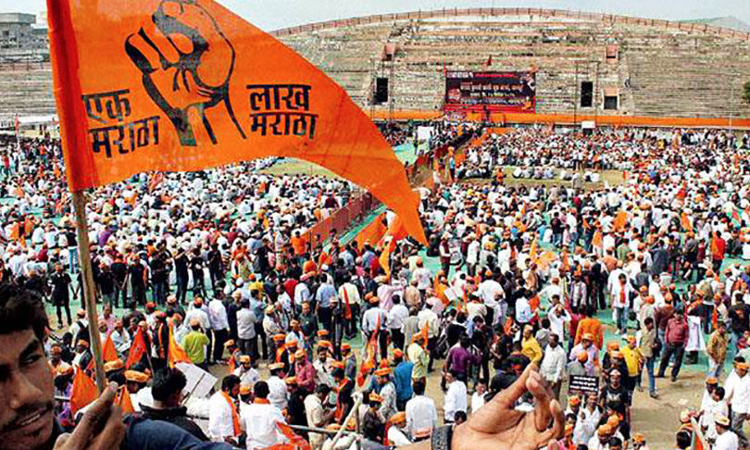SC Stops Maharashtra Govt From Giving Retrospective Application For Maratha Quota
LIVELAW NEWS NETWORK
12 July 2019 11:28 AM IST

Next Story
12 July 2019 11:28 AM IST
The Supreme Court on Friday refused to stay the judgment passed on July 27 by the the Bombay High Court which had upheld the validity of reservation granted to the Maratha community by the state government under the socially and educationally backward class category (SEBC) in government jobs and educational institutions.However the Court said that the quota created as per Maharashtra SEBC...
